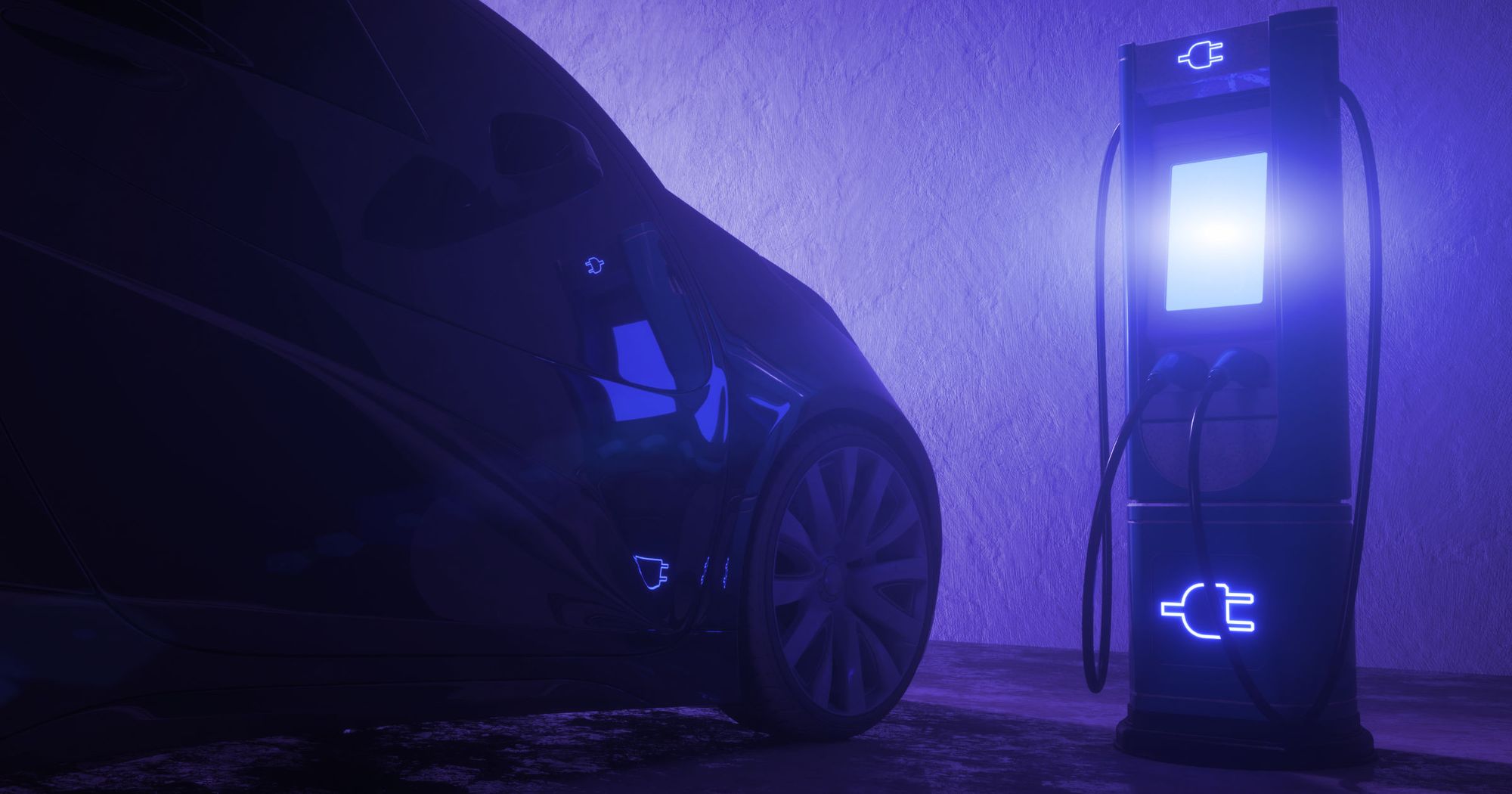Electric cars have been around for a long time now, longer than even hydrogen-fueled cars. The first practical electric cars were around since the late 1880s and they were the only type of cars on the market until gasoline cars came.
The improvements in the semiconductor industry led to drive significant advances in the electric mobility department. Yet it was not until the launch of the Tesla Roadster in 2008 did an electric revolution began.
Since then, the hype around electric cars is nowhere seen to slow down but the sad truth is, people aren’t buying them. Even if we look at it statistically, In the year 2020, just 4.2% of the cars sold globally were Electric.
Let’s try to understand what’s stopping many folks from buying their next car in electric flavour.
Price
Let’s address the elephant in the room first, the cost of these cars. While we are seeing that prices of these EVs are dropping, you can still get a gasoline (petrol or diesel) car at a much cheaper price.
A major reason for this is the economies of scale. The companies producing these gasoline cars are making them for ages now, so they have a well-optimized production and supply-chain process which makes them cheaper.
This means that for electric cars to be cheaper, manufacturing has to get cheaper but for the manufacturing to get cheaper, they should be a growing demand. A classic chicken and the egg problem.
Many countries are offering many perks to boost electric car adoption, like tax cuts, rebates on the final price etc. A good example of this system working is seen in the country of Norway where over 70% of the cars sold in 2020 were electric.
As the competition in EV Market is rising, many car makers from the countries like India and China are releasing cheaper and cheaper vehicles. Yet, the adoption is still low as unlike the Norwegian population, those cheap electric cars are still expensive for the majority of folks.
Used Car Market
When many folks around the world buy their first car, they usually get a second-hand or a used car. As they are relatively cheaper and something preferred by many fresh or learning drivers. The thing is since somewhat cheap electric cars are still quite recent, the market for these cars is small. There is a lower availability and hence relatively higher prices.
I am assuming that as the market grows even by a bit there will be enough flow of electric cars in the used car market.
Charing Time
A typical electric car takes at least 30 minutes to an hour to fully charge to 100% because you used a fast charger. If you don’t use a fast charger it can take anywhere from 5 to 8 hours or even more based on your car. This seems very slow to a gasoline car buyer who can refuel his/her car in a couple of minutes.
This is one key area where all the manufacturers are working on, making better batteries that are. For instance, almost all these electric cars use lithium-ion batteries but now alternative chemistries of lithium are looked at for better battery performance.
Take the case of Lithium-sulphur batteries which are being developed at Monash University. This type is said to have a lower impact on the environment while delivering higher capacity and easier manufacturing.
It is expected that we might cut the charging time by half in the next five years thanks to constant innovation in the industry but for now, this is an issue for potential buyers.
Charging Infrastructure
This is one of the key things which is stopping a large group of people from getting electric cars. Imagine you are driving from one city to another, going through various small towns, it is very unlikely that you will find a charger for your EV.
While countries like the US, Finland or Norway might have some sort of charging network to support their electric cars, countries like India, Indonesia or say even Australia lack it.
Just to put things in perspective, there are around 115,000 gas stations in the US while there are just less than 10,000 charging stations. Even in those 10,000ish charging stations, not all are compatible with all-electric cars, for instance, Tesla uses its socket while Ford uses its own, which causes further confusion.
But this problem is sorted if resolved in the European Union, where they follow Type 2 Connector as a standard and all car manufacturers selling there comply with those rules.
There are even many startups coming up in this space with the final goal of just building their charging infrastructure, which can further help in solving this problem as currently the one's setup is mostly run by car manufacturers themselves.
Misconceptions
Many misconceptions are floating around when it comes to electric cars, one is that they don’t go as far enough on a full charge. This is not true, to put things in perspective a Tesla Model 3 has a range of 315 Miles or about 500 Km which is quite respectable. I mean with that kind of range you can easily go without charge on road trips. As for daily commutes, it is as comparable as your regular gasoline cars.
Another popular misconception is that torque of your standard electric car doesn’t have enough power. The opposite is true, I mean your standard electric cars have enough power to outperform your gasoline car as the feedback is instant.
Another popular one is that electric cars explode, and this is true they do explode. As lithium-ion batteries in them tend to explode but the same lithium-ion batteries power your phones do they explode at random? Batteries explode when they are improperly manufactured, damaged or abused but there are safety gears in place to avoid this.
National Highway Traffic Safety Administration of the USA has even concluded from their tests that electric cars are safer than gasoline cars in a crash.
A series of awareness campaigns by both manufacturers and the government can help clear these misconceptions of the consumers.
Alternative Sources
Electric vehicles are looked up as a greener and safer version of transportation but what if this isn’t the future? I mean there are many other forms of fuels that are already in experimentation or out there in public. Like the hydrogen-powered cars which manufacturers are trying to sell for a long time but they face the same chicken and egg problem.
Recently researchers are even experimenting with Liquid nitrogen to be used as fuel, as it is available in abundance and is less harmless while providing comparable range when compared to an electric car and all this while also being cheaper to make.
Electric Cars might not be the future but currently, they seem to be
The use of Electric Cars can greatly benefit our planet, as transportation in general accounts for 28% of carbon emissions. We don’t know what better and more efficient type of fuel will power our cars but right now saving our planet should be our greater effort and in that sense, Electric Cars seem like a promising bet.






